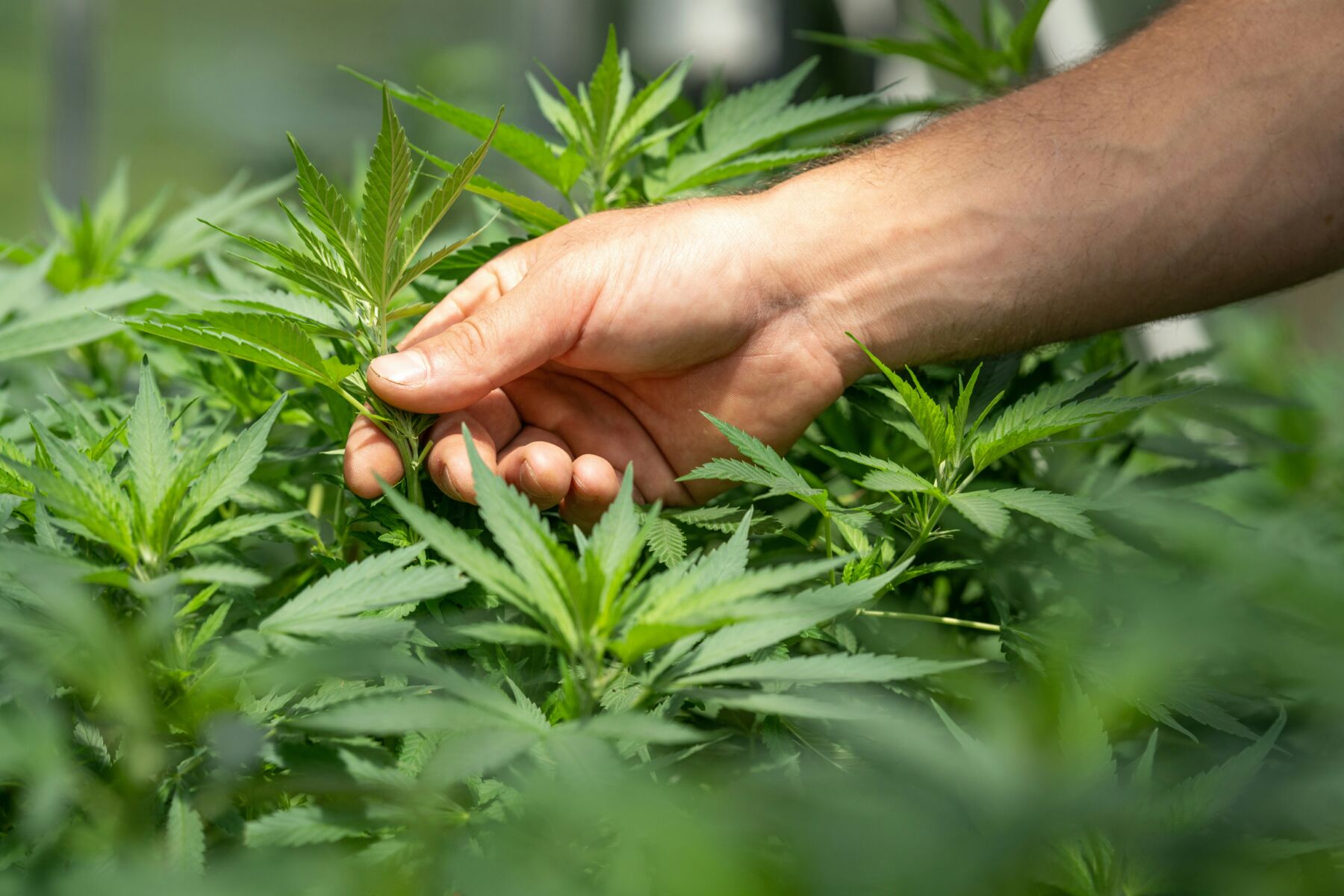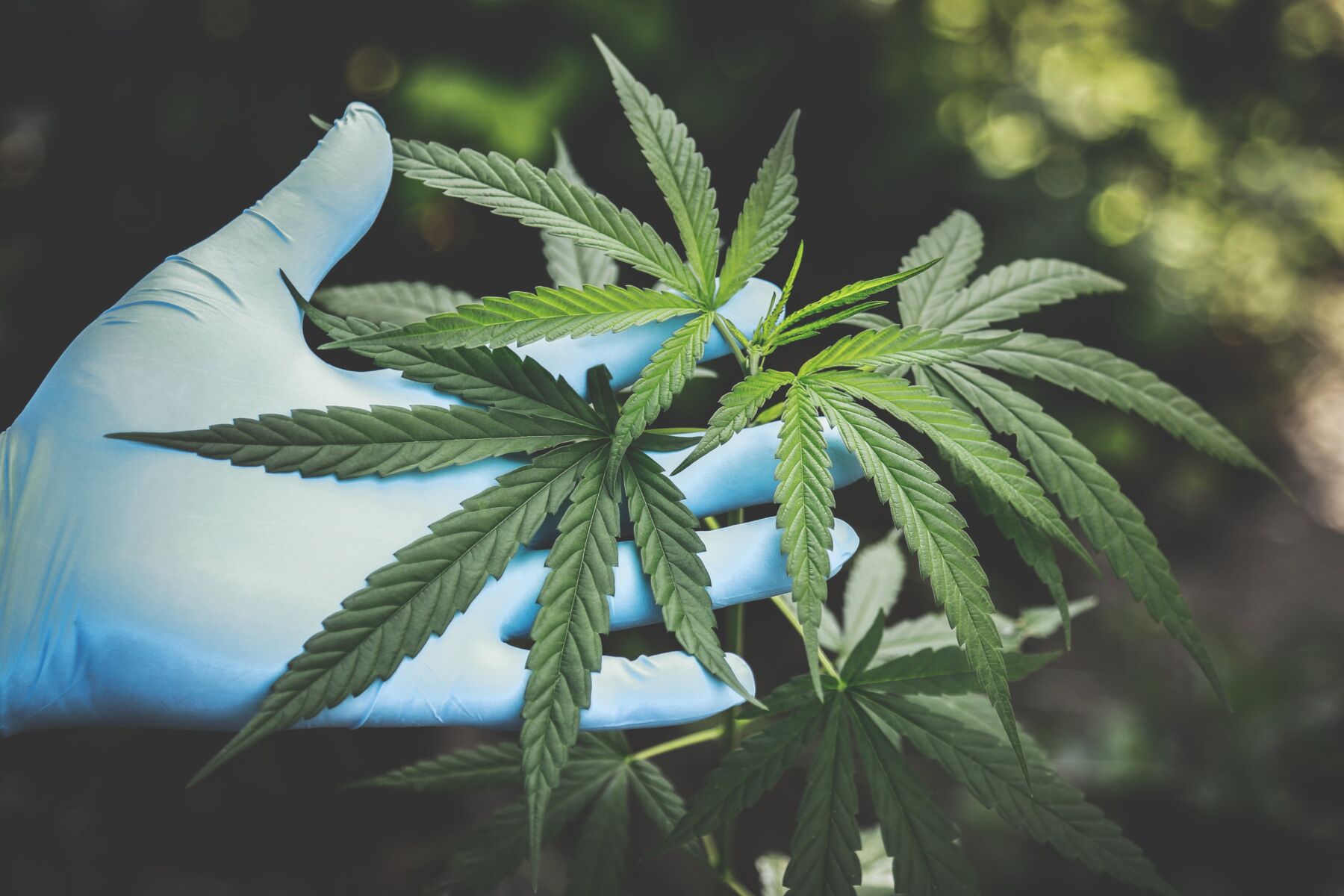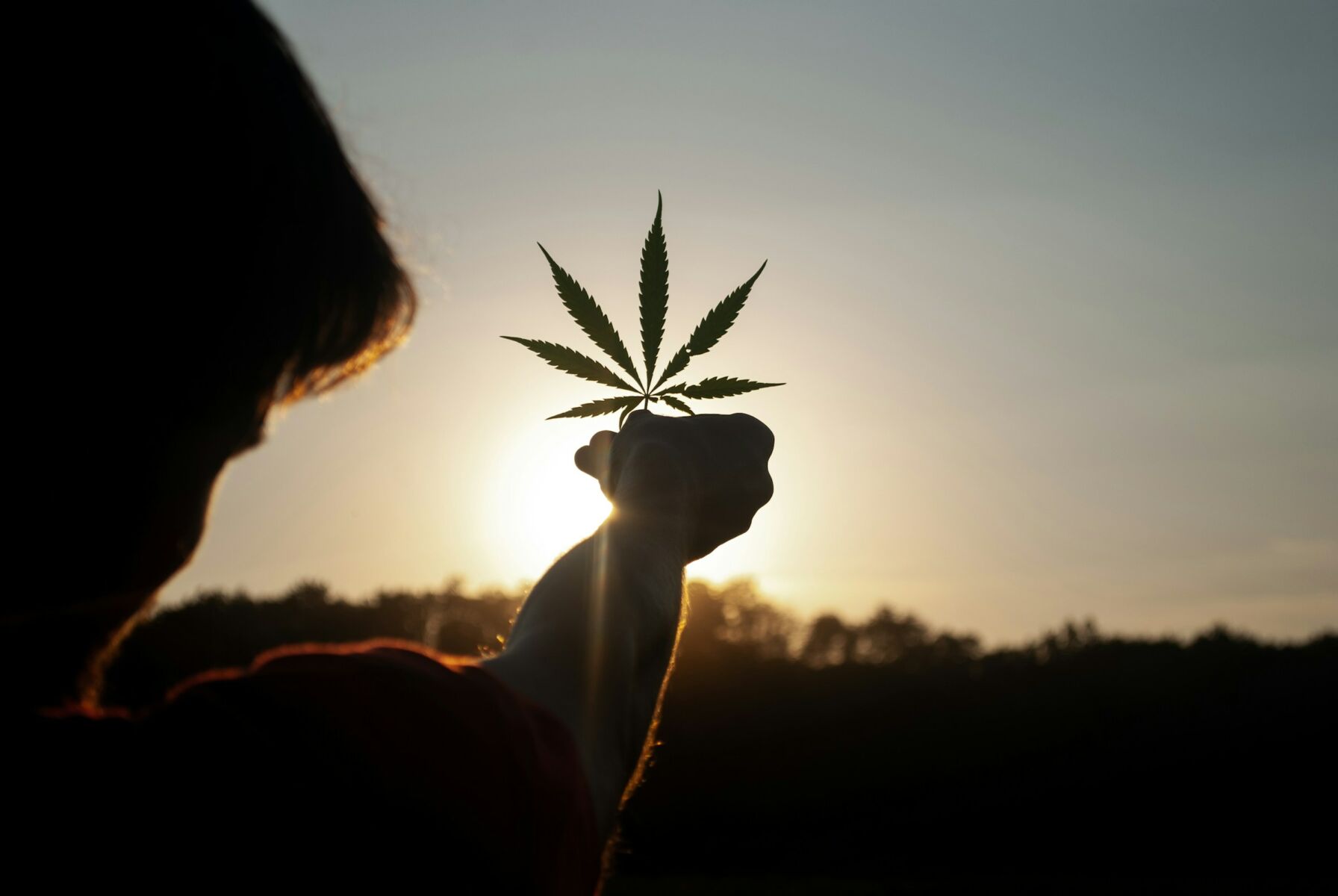Eco cannabis practices in thailand

The green pot movement
In Thailand, the push for eco-friendly practices within the cannabis industry has led to the emergence of the Green pot movement. This initiative is not just a trend; it’s a transformation of the cannabis industry towards sustainability and responsibility. You’re part of a global shift that sees the value in protecting the environment while enjoying the benefits of cannabis.
Thai cannabis cultivators have set the bar high by adopting organic farming practices. Organic cannabis farming is at the heart of this movement. Here you’ll find:
- Natural fertilizers and pest control: The move away from chemical fertilizers to natural ones not only nurtures healthier cannabis plants but also ensures the protection of the ecosystem around them.
- Chemical-free cultivation: Embracing methods that keep cultivation chemical-free underlines a commitment to producing clean, organic cannabis products.

Photo by David Gabrić on Unsplash
Harnessing Renewable energy has become a cornerstone of eco-friendly cannabis cultivation in Thailand. Sunlight, an abundant natural resource, powers greenhouses and processing facilities. By placing solar panels atop these structures, the carbon footprint of producing cannabis is significantly reduced. You’re not just buying cannabis; you’re investing in a method that respects and preserves nature.
Water conservation techniques like drip irrigation and rainwater harvesting are employed meticulously, reflecting the understanding that water is a finite resource that needs to be used judiciously. These techniques ensure plants receive the hydration they need without wasting this precious commodity.
The Green Pot Movement is a testament to Thailand’s commitment to sustainability. It’s a blend of traditional agricultural wisdom and cutting-edge technology, aiming to minimize environmental impact and pave the way for a greener future in the cannabis industry.
Sustainable cultivation techniques for a greener high
As you delve into the world of eco-friendly cannabis cultivation in Thailand, you’re embracing a journey towards sustainability that impacts both the environment and the quality of the products you enjoy. The innovative shifts in cultivation practices are setting a new standard for the industry, tailored to reduce the carbon footprint and promote a greener future.
Organic farming is at the heart of this movement. By turning away from harmful chemicals, Bangkok’s cannabis dispensaries are leading by example. They opt for natural fertilizers and pest control, ensuring that the plants grow in harmony with nature. This approach not only fosters healthier plants but also protects the surrounding ecosystem, making every puff you take a step towards a greener earth.
Another pivotal technique is Chemical-free growing. Dispensaries commit to providing plants that are free from synthetic additives, aligning with the global stride towards organic living. This method ensures that the final product is as nature intended—clean and untainted by harmful substances.
Harnessing Renewable energy, specifically solar power, is a testament to the industry’s commitment to sustainability. Thailand’s abundant sunshine offers the perfect resource for powering greenhouses and processing facilities, significantly slashing the carbon emissions associated with cannabis cultivation.
Water conservation practices, including drip irrigation and rainwater harvesting, highlight the sector’s mindfulness towards resource usage. These systems ensure that water is not wasted but used efficiently to nurture the cannabis plants, embodying the ethos of respect and care for the environment.
As you explore the nuances of these sustainable cultivation techniques, it’s clear that the path towards a greener high is paved with thoughtful, eco-conscious decisions. Embracing these methods not only elevates your experience but also contributes to a larger, global movement towards environmental stewardship.

Environmentally-friendly cannabis packaging solutions
As Thailand’s cannabis industry grows, so does the focus on sustainable practices, particularly in aspects of packaging. Dispensaries in Bangkok have distinguished themselves through innovative solutions that not only serve to protect the product but also the planet. Let’s delve into how collaborations with local producers and participation in sustainability initiatives are reshaping the landscape of cannabis packaging.
Collaborating with local cannabis producers
One of the key strategies that dispensaries have adopted is partnering with local cannabis growers. This approach has multiple benefits:
- Reduces carbon footprint: By sourcing cannabis locally, dispensaries cut down on transportation emissions significantly. This reduction aligns directly with global efforts to mitigate climate change.
- Support for local economy: Local growers receive a boost from these partnerships, ensuring the sustainability of both the environment and the community’s economic health.
- Enhanced product freshness: Shorter transportation routes mean that products reach consumers fresher. This is crucial for maintaining the quality and efficacy of cannabis products.
Through these collaborations, dispensaries not only contribute to environmental protection but also promote a sustainable local economy, fostering a stronger relationship between consumers and their immediate environment.
Participating in local sustainability initiatives
Beyond direct business operations, Bangkok’s cannabis dispensaries are actively participating in local sustainability initiatives. These efforts manifest in several ways:
- Education on sustainable practices: Many dispensaries host workshops and educate both growers and consumers on eco-friendly cultivation and consumption practices. These educational efforts promote a more sustainable cannabis industry from production to packaging.
- Environmental clean-up programmes: Partnerships with environmental organizations allow dispensaries to contribute to community-led environmental initiatives, such as city clean-ups. This involvement exemplifies their commitment to not just the eco-consciousness of their products but also to the broader health of the community.
- Innovative packaging solutions: Embracing biodegradable, reusable, and minimalist packaging designs reduces the use of harmful plastics and excess materials, significantly diminishing waste and environmental impact.
By actively engaging in these initiatives, cannabis dispensaries in Bangkok are playing a crucial role in fostering sustainable cities and communities. Their commitment not only to eco-friendly packaging but also to environmental and communal health is a testament to the progressive nature of Thailand’s cannabis industry.

Green marketing strategies and certification incentives
In the growing eco-conscious marketplace, adopting green marketing strategies isn’t just good for the planet—it’s also smart business. As you delve deeper into the realm of eco-friendly cannabis practices in Thailand, it’s crucial to understand how dispensaries and cultivators can leverage these practices through effective green marketing and by tapping into certification incentives.
Green marketing involves promoting products by emphasising their environmental benefits. For Thai cannabis dispensaries, this could mean showcasing their commitment to organic farming, renewable energy use, and water conservation techniques. These efforts not only reduce the carbon footprint but also align with the values of environmentally conscious consumers. By transparently communicating these sustainable practices, you’re not just selling a product—you’re also promoting a cause that resonates with a growing section of the market.
Certification plays a pivotal role in this landscape. Eco-friendly certifications, such as organic or carbon-neutral labels, serve as a testament to the efforts dispensaries put into sustainable practices. These certifications aren’t just badges of honour; they’re influential marketing tools that can sway consumer decisions. The process involves stringent assessments and adherence to specific standards, but the benefits are multi-fold. Certified products often command higher prices in the market, and they offer dispensaries a competitive edge.
Incentives for obtaining such certifications can vary, ranging from tax breaks and subsidies to recognition and support from environmental groups. These incentives encourage more businesses to adopt and maintain sustainable practices, fostering a cycle of continuous improvement.
Remember, adopting green marketing strategies and aiming for eco-friendly certifications require a genuine commitment to sustainability. It’s not merely about compliance or the benefits that come with it—it’s about contributing to a larger movement towards environmental stewardship and inspiring others in the industry to follow suit.
A hub for cannabis education
Adopting eco-friendly practices in Thailand’s burgeoning cannabis industry isn’t just a trend—it’s a vital step towards sustainability. By integrating green marketing strategies and striving for certifications, you’re not only enhancing your brand’s appeal but also contributing to a healthier planet. Remember, the journey towards eco-consciousness in cannabis cultivation and sales is an ongoing process that benefits from your active participation and commitment. Let’s work together to make the cannabis industry a leading example of environmental stewardship. Your efforts today will pave the way for a greener, more sustainable future.
Parts of this article, including images, may have been generated using AI tools before an editor reviewed it.
Latest Thailand News
Follow The Thaiger on Google News:



























